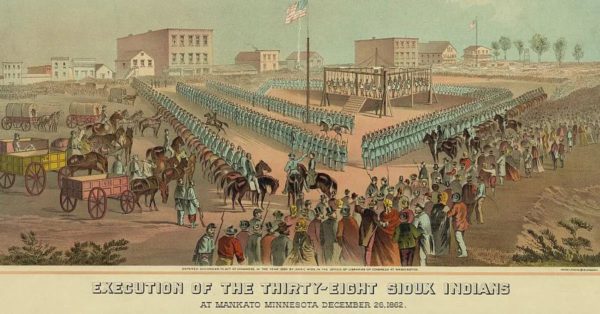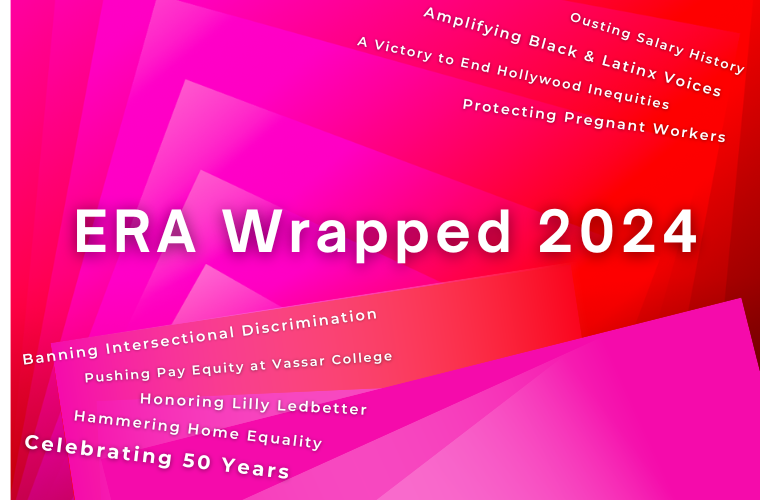Using Social Media for Activism: Strategies and Success Stories
In today’s digital age, social media platforms have become powerful tools for spreading messages, raising awareness, and organizing movements. Activists all over the world are leveraging these platforms to create meaningful change and mobilize millions of people. With a well-planned strategy and compelling content, social media can be an effective means to amplify activism efforts. In this article, we will explore some successful strategies and share inspiring success stories of using social media for activism.
1. Building an Engaged Community:
One of the foremost strategies for successful activism on social media is building a strong and engaged community. By creating or joining relevant groups, pages, and online communities, activists can connect with like-minded individuals who are passionate about the cause. Engaging with followers through comments, direct messages, and polls can foster a sense of belonging and motivate them to take action. By nurturing a community, activists can ensure a sustained and dedicated support base for their cause.
2. Compelling Content Creation:
Creating compelling content is crucial for capturing the attention of social media users. Activists need to tell powerful stories, share impactful visuals, and craft persuasive messages that resonate with their audience. Utilizing a mix of videos, infographics, and personal narratives can help make the content more shareable and accessible to a wider audience. By presenting their cause in a relatable and engaging manner, activists can inspire others to join their movement.
3. Leveraging Influencers and Celebrities:
Collaborating with influencers and celebrities can significantly amplify the reach of activism campaigns. These individuals carry a massive following and can help spread the message to a broader audience. Activists can reach out to those who align with their cause and request their support in sharing content or participating in campaigns. The endorsement of influential figures can lend credibility and attract attention from individuals who may not have been aware of the cause otherwise.
4. Utilizing Hashtags and Memes:
Hashtags and memes have become integral to the way information spreads on social media platforms. Activists can create or utilize popular hashtags related to their cause to gather momentum and create a sense of unity. Additionally, using memes and humor can make the content more relatable and shareable, helping to reach a wider audience. However, it is essential to strike a balance between humor and the seriousness of the cause to maintain the integrity of the message.
Now, let’s take a look at a couple of success stories that demonstrate the power of social media for activism:
1. #MeToo Movement:
The #MeToo movement, which aimed to raise awareness about sexual assault and harassment, gained significant traction on social media. Activist Tarana Burke initially created the hashtag in 2006, but it gained global attention when actress Alyssa Milano tweeted it in 2017. Within days, millions of people shared their stories, leading to a powerful global conversation about sexual misconduct and the need for change. The movement showcased the ability of social media to unite individuals and create a collective voice for a cause.
2. Fridays for Future:
Fridays for Future, also known as the Youth Climate Strike movement, was initiated by Greta Thunberg, a Swedish environmental activist. Through social media, Thunberg shared her concerns about the lack of action on climate change, inspiring millions of students worldwide to join her in striking from school on Fridays. The movement gained widespread attention and pushed governments and organizations to take climate change more seriously. Thunberg’s use of social media played a crucial role in mobilizing a global movement of young activists.
In conclusion, social media has become a game-changer for activism, allowing individuals and organizations to reach a vast audience and create real change. By building engaged communities, creating compelling content, leveraging influencers, utilizing hashtags and memes, activists can effectively spread their message and inspire others to take action. The success stories of the #MeToo movement and Fridays for Future demonstrate the immense power of social media in mobilizing people for a cause. With a well-executed strategy, social media can be a catalyst for meaningful activism in the modern world.





